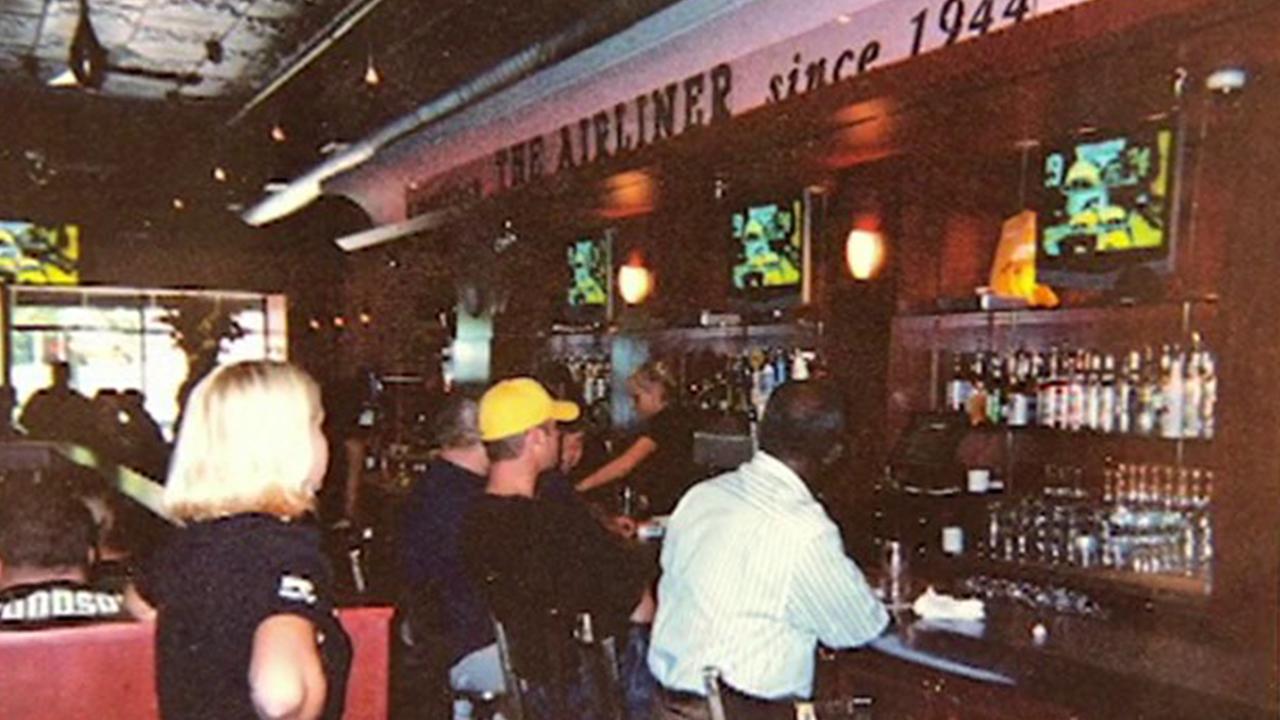College businesses are fighting for survival with smaller football crowds, fewer students
No football crowds, fewer students and hardly any visitors: College towns fight to stay afloat
College businesses continue to fight for survival as they tread through the volatility that the coronavirus pandemic has wrought. As major sports games resume with reduced capacity, students leave campus and towns implement more restrictions on restaurants and bars, local economies are at a tipping point.
BACK-TO-SCHOOL BUSINESSES DISRUPTED AS REMOTE LEARNING CONTINUES
With no home football games this season, the University of Wisconsin is missing the fans that typically bring in peaks for local businesses.
“Our sales are really based on the Friday and Saturday of home games, seven games a year,” University Bookstore Vice President Kevin Phelps said. “We don’t see much business. We need the fans — downtown in Madison, doing the whole weekend of the football experience to really capitalize on it. We’re not getting those this year.”
Overall, Wisconsin athletics brings in $610 million and generates 4,480 jobs each year. In Madison alone, athletics account for $395 million and a $1.7 million tax revenue impact. The total economic impact for a single home football game brings in $16 million for the Wisconsin economy.
On top of the absence of usual football crowds and income, students are also trickling home, with some being abruptly displaced from on-campus housing and others resuming classes from their permanent homes.
“When students go home, it affects our business and affects our city, because they drive the sales up and down State Street and in Madison,” Phelps said. “So there’s a real economic input if the students were to leave even earlier than Thanksgiving.”
CORONAVIRUS PUSHES COLLEGES TO THE BREAKING POINT
In the heart of downtown Madison, Coopers Tavern is also suffering from an outlook of uncharted territory in a bleak start to Fall. Revenue is down around 60%, and the staff is also down to 30 people from 72.
“Fall time is big time of the year,” Coopers Tavern owner Peter McElvanna said. “You’ve got Big Ten football. You’ve got folks come in from all over the Midwest for the weekends — cabs, hotels, coffee shops. That’s not happened.”
At the University of Iowa, one of the oldest restaurants and bars is seeing revenue streams at all-time lows. The Airliner’s owner Jim Rinella is faced with keeping the college town’s iconic spot afloat since its opening in 1944.
“The past six months have been the toughest six months we’ve ever had in business,” The Airliner Restaurant and Bar owner Jim Rinella said on FOX Business’s After the Bell. “There’s a lot of stress. Business stress. And the bills keep coming in. We have significant fixed costs like most businesses from taxes to payroll to rent to all these issues so there is a lot of pressure here.”
CORONAVIRUS CLUSTER FORCES UNC TO CANCEL IN-PERSON CLASSES
For the last six months, the business has been closed for half of that time. Revenue has been “lumpy at best,” and sales are down 90% from its trailing and consistent revenue. When students at Iowa University returned to campus three weeks ago, Rinella confronted a wave of college kids crazed for social interaction after a pent-up summer, followed by backlash from overly congested capacity. In addition to increased scrutiny, Rinella is pressed with the costs of staying open in unstable conditions.
“I would lose less money if I just closed the door and paid my fixed costs and taxes,” Rinella said. “But trying to manage a partially open business where the demand is weak and staffing and food inventory, with some staff quarantining from time to time, as well as guests quarantining from time. It’s really the most challenging environment I’ve ever seen.”
CLICK HERE TO READ MORE ON FOX BUSINESS




















